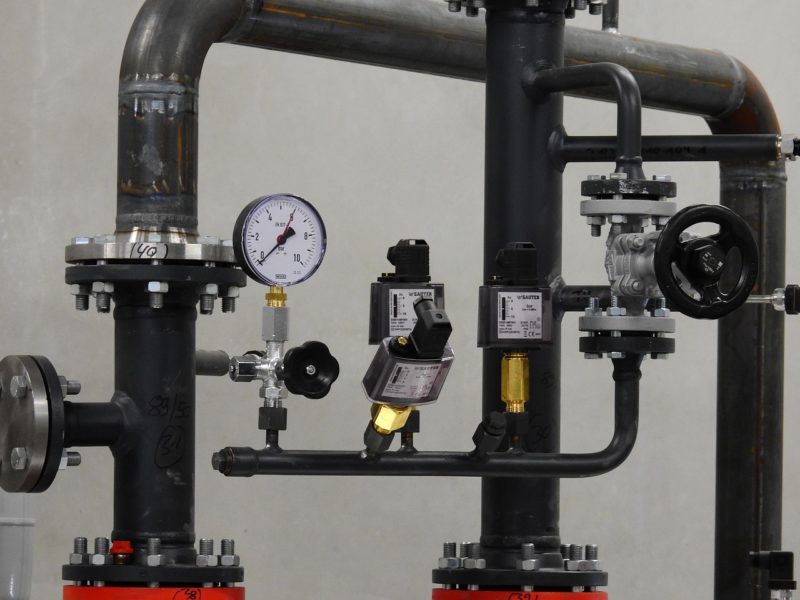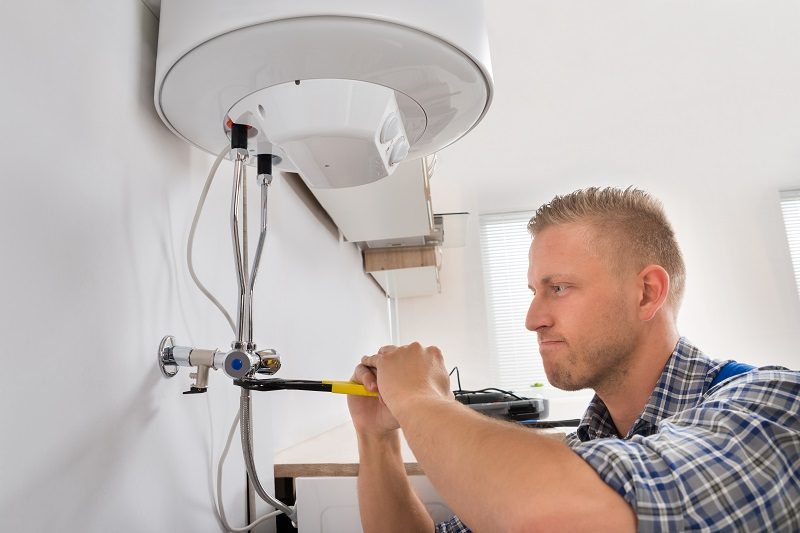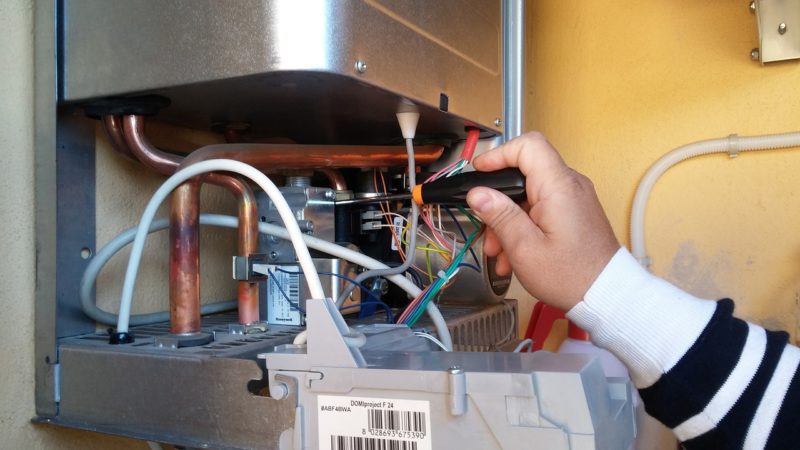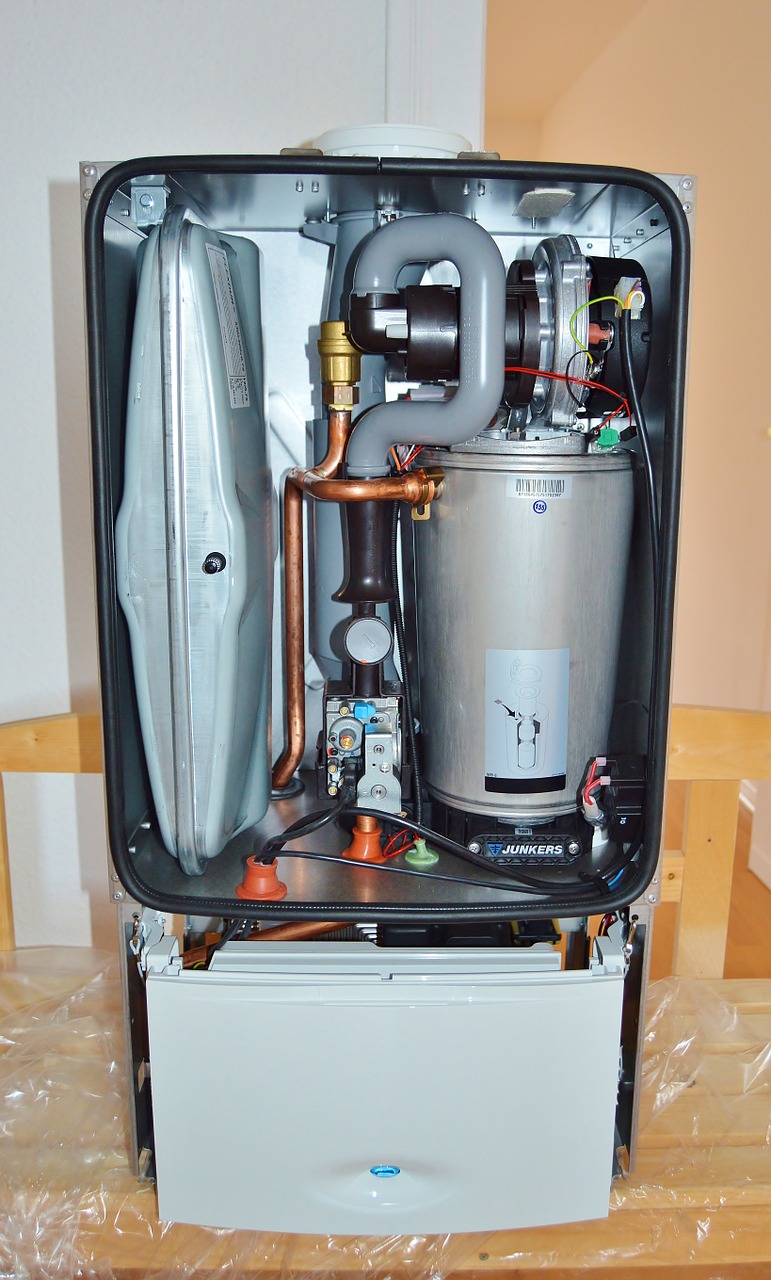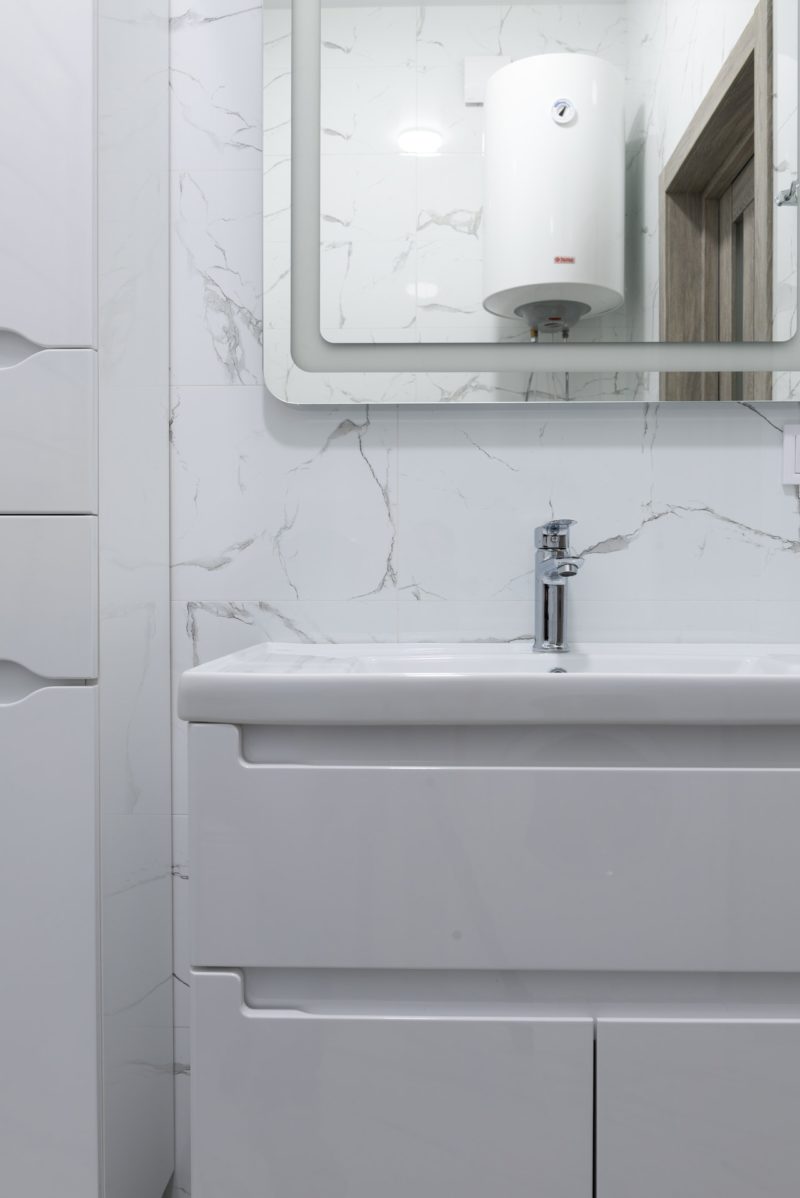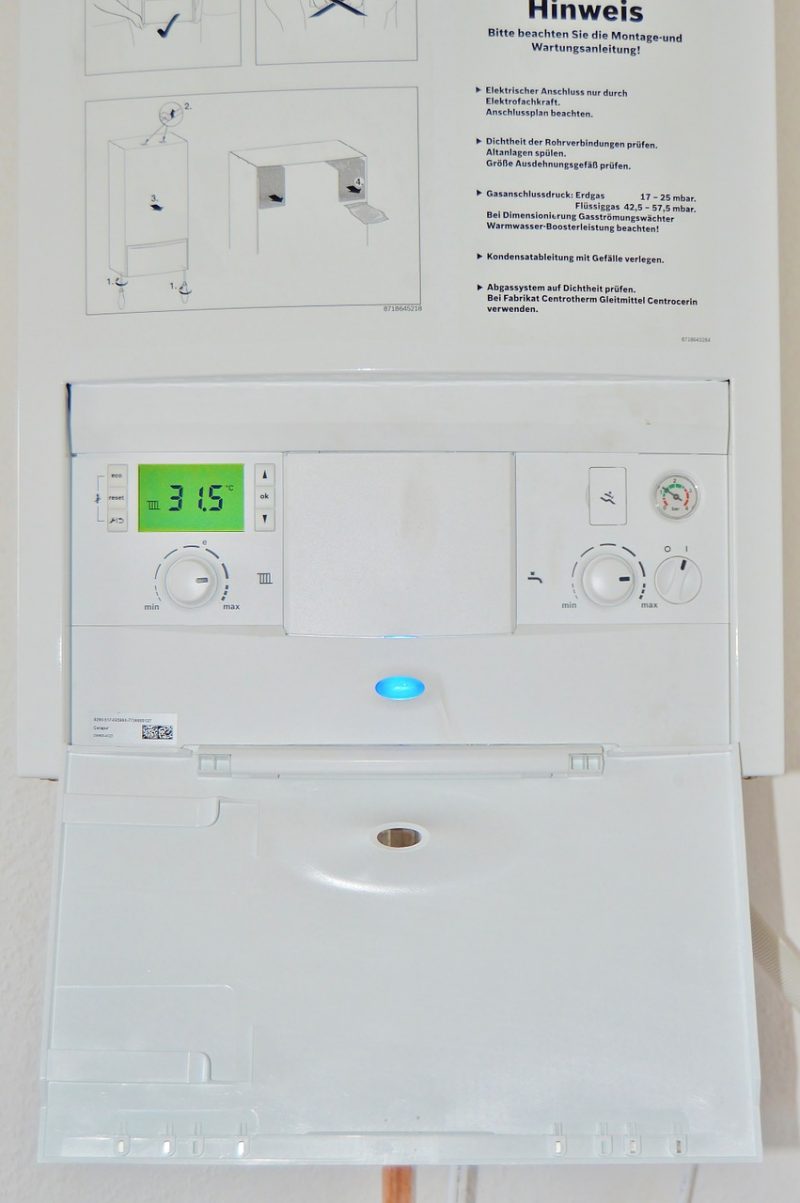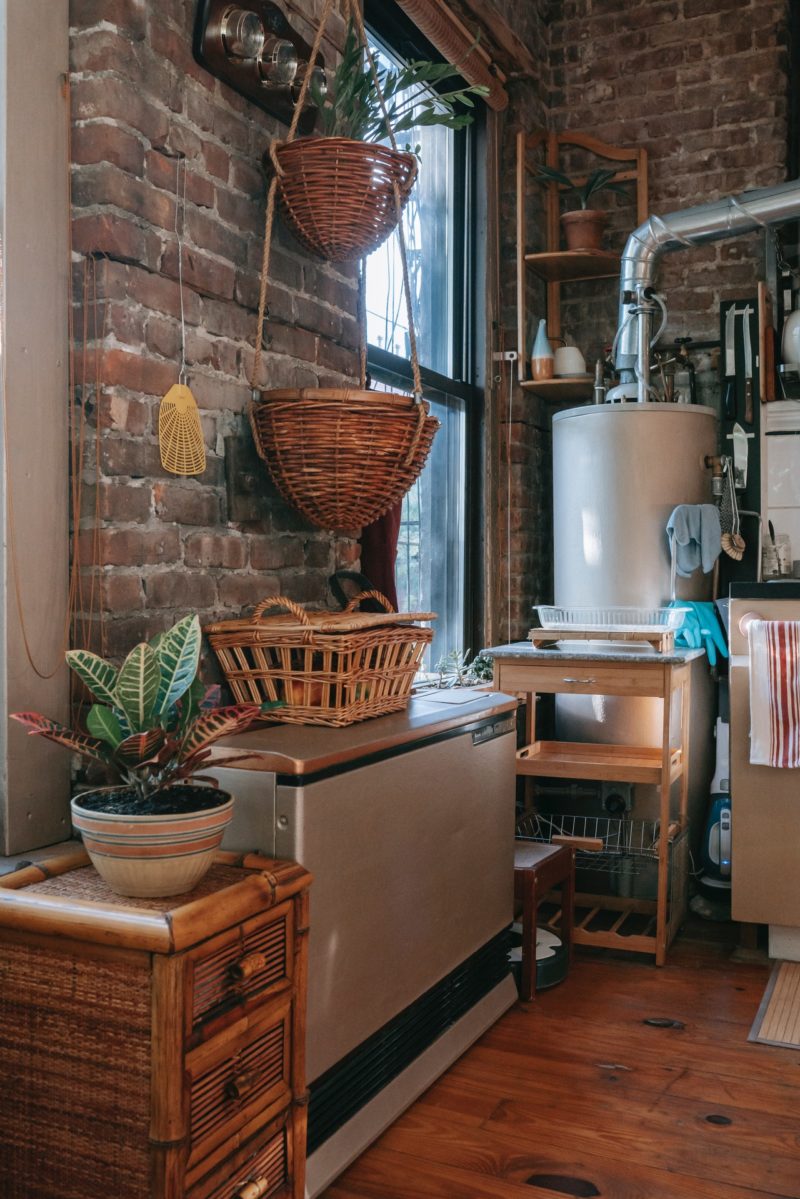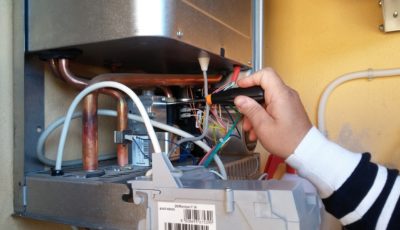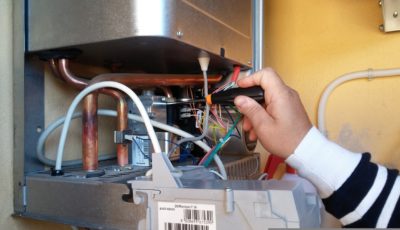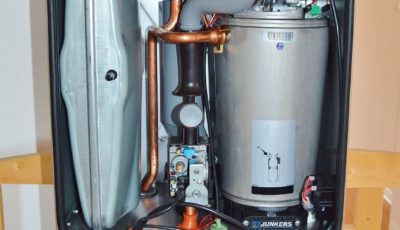7 Potential Causes of Reduced Hot Water in Your Home
There are various probable causes for your water heater not heating up as much as it used to, and it also depends on the type of water heater you have. If you’re utilizing an electric tank, a faulty lower element or a missing dip tube could be to blame. It’s possible that it’s a dipping tube model if it’s a gas model.
Clogged Pipes
Clogs don’t just from behind drains, believe it or not. They can build deep within your piping, and even a little clog might cause your water pressure to drop. Because this type of obstruction could be located anywhere beneath your home, you’ll need to hire a plumber. The last thing you want to do is start tearing pipes apart and then not be able to reassemble them. Furthermore, you may not be aware of what you’re releasing or infecting your pipes with. It’s one thing to pour hazardous chemicals down your drain to dissolve obstructions, but it’s not a good idea. It’s another thing entirely to utilize any potentially hazardous or problematic chemicals.
Faulty Fixtures
If all of your plumbing fixtures have low water pressure, the problem is almost certainly with your water supply or pipelines. If only one or a few fixtures appear to have a low flow, you should investigate the fixtures. The purpose of an aerator on a faucet fixture is to limit the volume of water that comes out of it without affecting the pressure. Aerators can become clogged with dirt and limestone over time, or rust out. Check to check if the aerators on your low-pressure faucets need to be cleaned. Put them back on once they’re fully clean of any buildup, and check if your water pressure improves. Fixtures, in and of themselves, can jam up.
Failing Pressure Regulator
A pressure regulator isn’t found in every piece of plumbing. This solution is not for you if you don’t have one. If that’s the case, there’s a test you can do to see if the pressure regulator isn’t giving you an accurate reading. Connect a water pressure gauge to the spigot on your outside hose, preferably the one nearest to your pressure regulator. When you switch on the water, the pressure gauge will show you your water pressure right away. It’s possible that your problem is with the pressure regulator if it’s lower than what your pressure regulator is reporting. These regulators are intended to reduce the pressure in your water supply line to a safe level for your pipes.
Old Heater
From the roof to the appliances and the home’s heating and cooling system, everything in your house has a lifespan. The same is true for your water heater, and if it’s quite old, it could explain why your hot water is running out much more quickly than it used to. A professional for a water heater repair service in Scottsdale, Az will recommend a switch. Water heaters typically last 10 to 12 years, and if yours is more than a decade old, it may be time to replace it. When a water heater reaches the end of its useful life, it is unlikely to produce the same amount of hot water as it formerly did. Checking and replacing the anode is the greatest approach to extend the life of your water heater. A powered anode can also extend the life of your tank and save you money.
Hot Water Usage is High
Simply put, you could be using too much hot water at once, causing it to “run out of hot water” far faster than you believe. Your water heater may struggle to keep up with the demand if you have a lot of laundry and dishes to do, as well as multiple people in the house. If everyone is bathing or showering at the same time, you may get cold water, which is quite inconvenient. At the same time, attempt to reduce your water usage by only showering while the appliances are turned off. When you use hot water for multiple purposes at once, your water heater’s tank may struggle to keep up. It could happen even if you’re simply doing some dishes in the sink.
Thermostat Problems
Your water heater, like your home’s HVAC system, has a thermostat that allows you to set the temperature of the water. If the hot water is vanishing faster than it should, try resetting the thermostat to see if it helps. If it still doesn’t work, try raising the temperature on your thermostat. Try running the hot water after a reset and increasing the temperature to observe how long it lasts. If nothing of these short fixes work, it may be time to seek expert help. The lack of hot water is a major issue that should be addressed as soon as possible. It’s not uncommon for water heater thermostat problems to be resolved simply by replacing the thermostat. However, in some circumstances, there may be a problem.
Wear and Tear
Certain components of your water heater can wear down over time, causing you to lose access to hot water very quickly. The “dip tube,” which is a portion immersed in water that runs the cold water to the bottom of the tank, is a regular problem. This tube is placed near the heating element, and if it is damaged, it will mix hot and cold water, resulting in a lukewarm sensation. It’s possible that mold is growing near the water heater because there’s a little leak someplace. Any signs of wear, damage, or weird odors should prompt you to contact a professional plumber who can inspect the situation further.
Conclusion
When in doubt, contact a professional plumbing company or a water heater repair service to have your water heater, piping, and other vital components that keep the hot water flowing inspected. Once you’ve figured out what’s wrong, you’ll be able to take another long shower.

